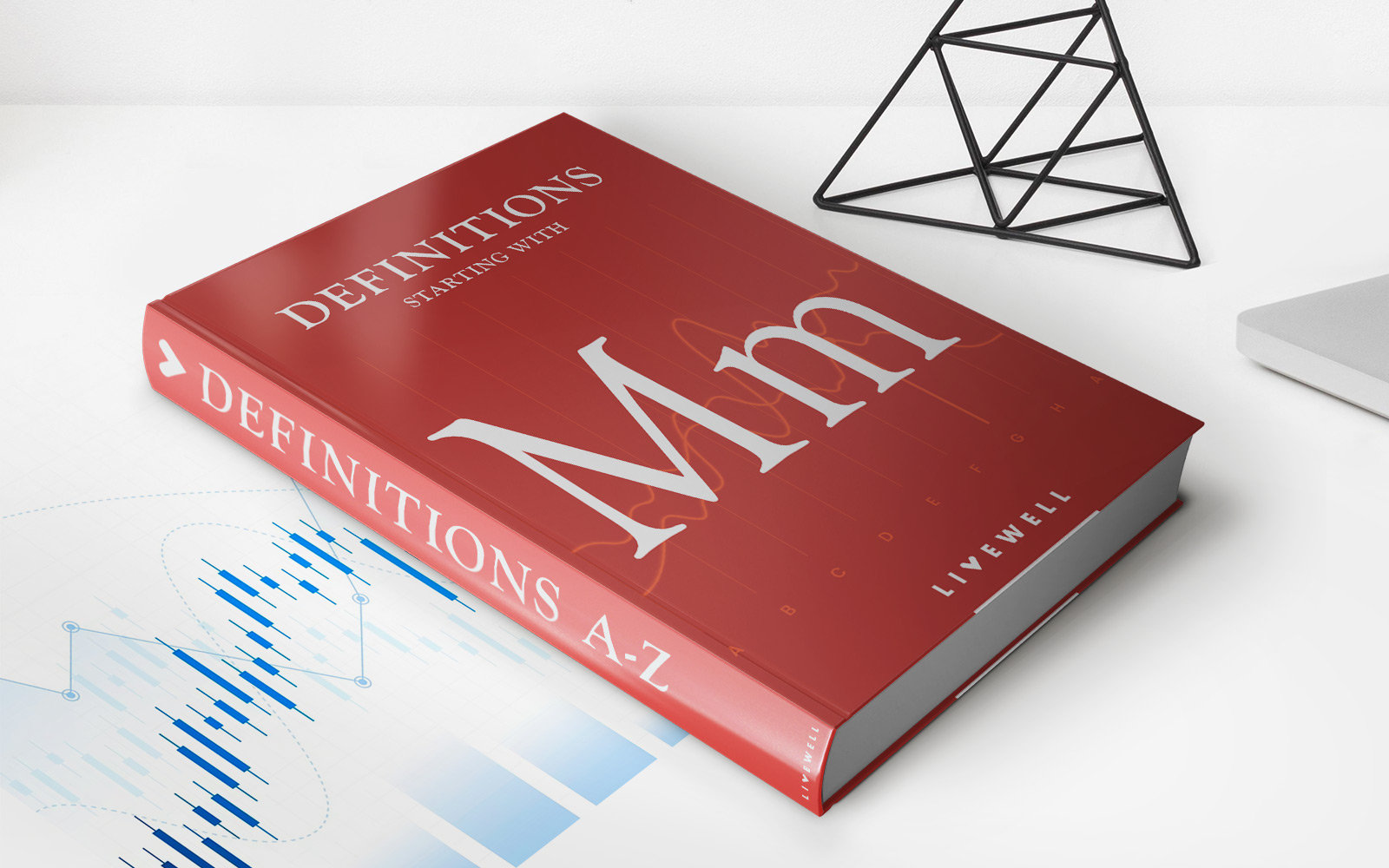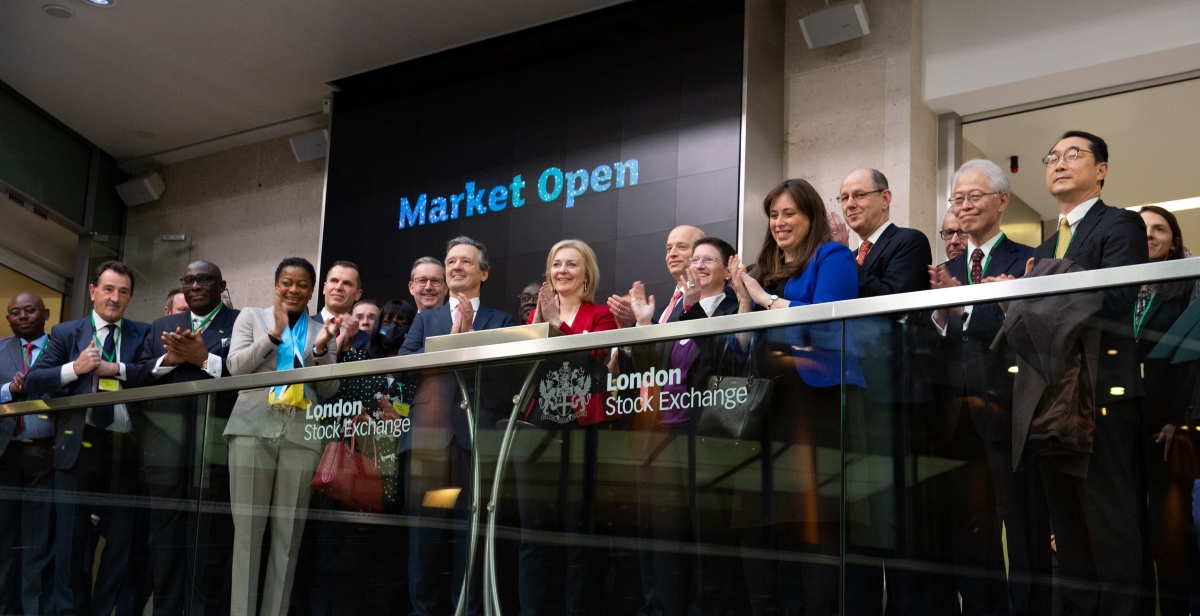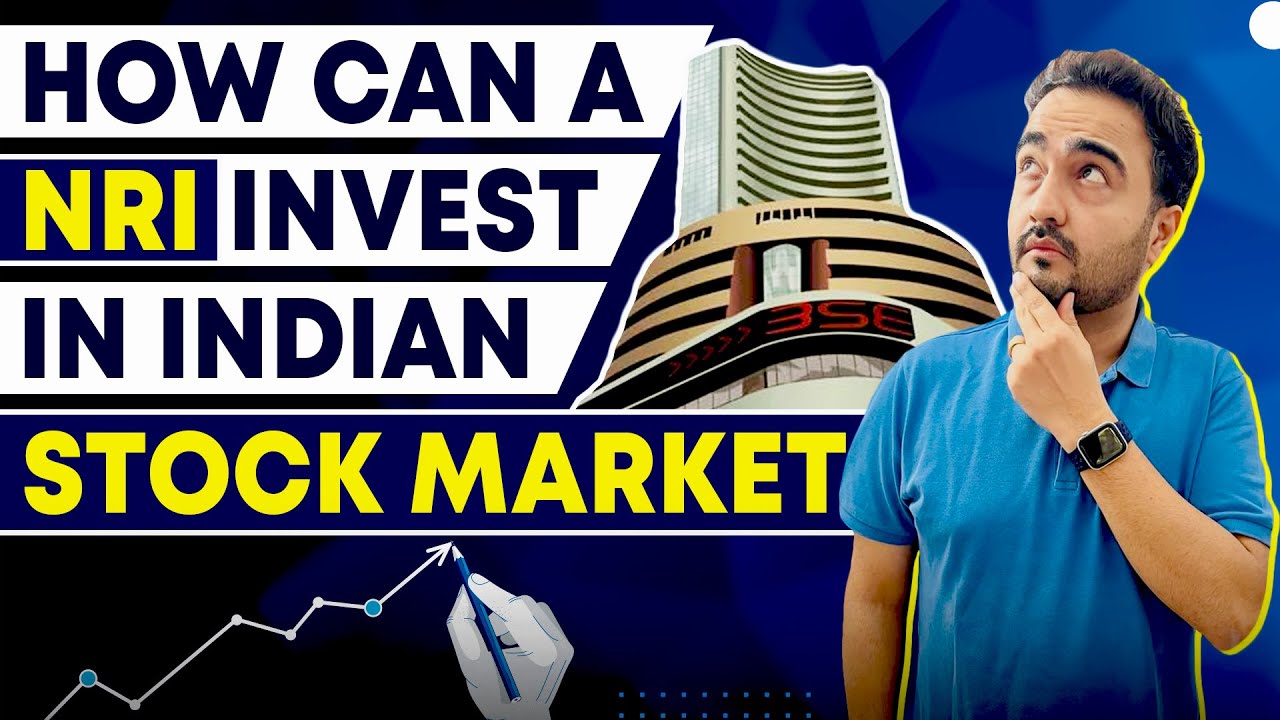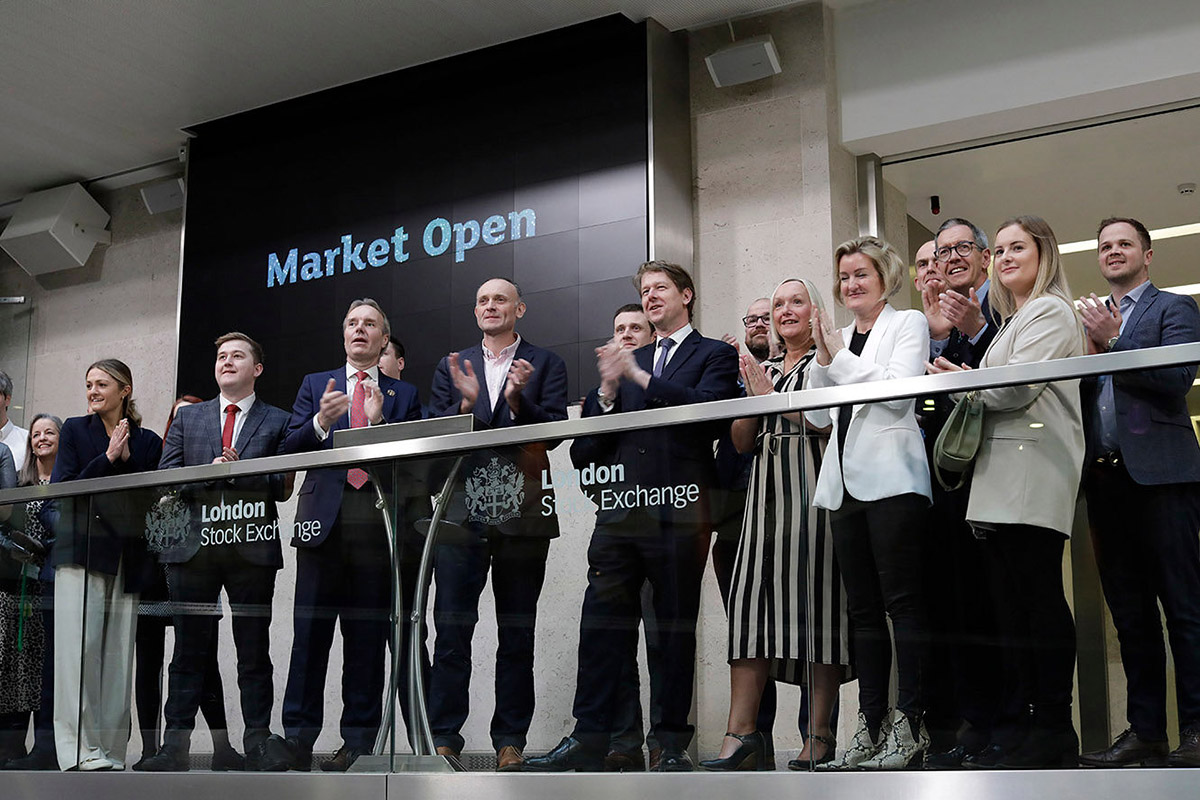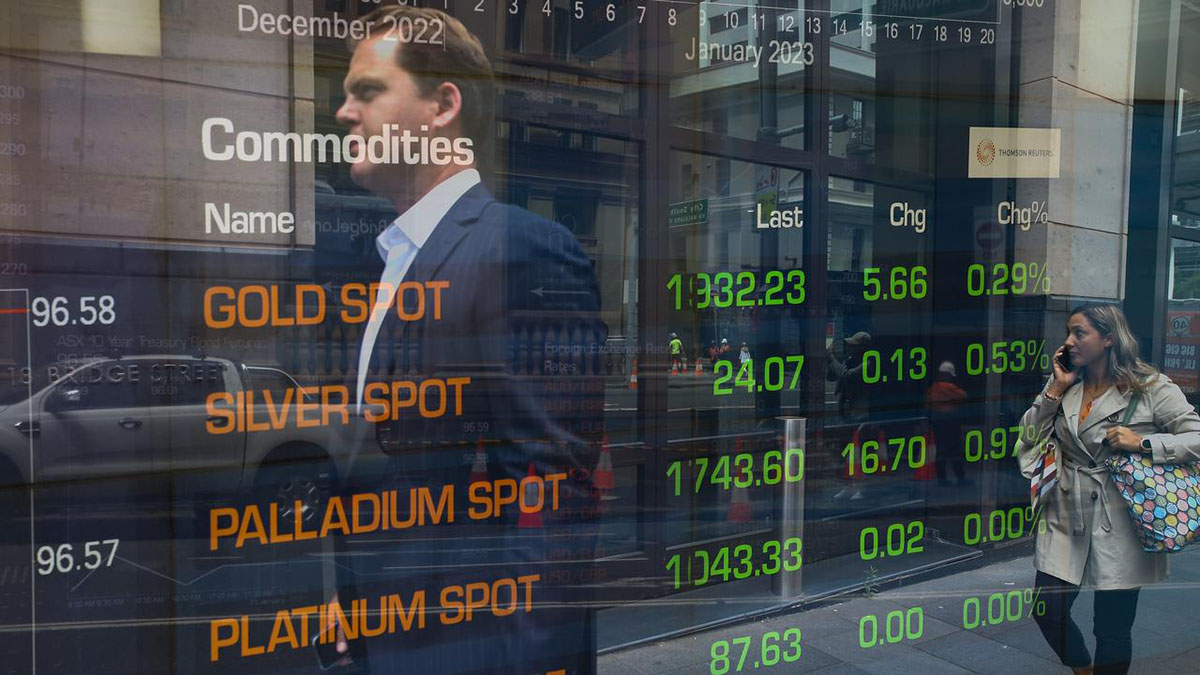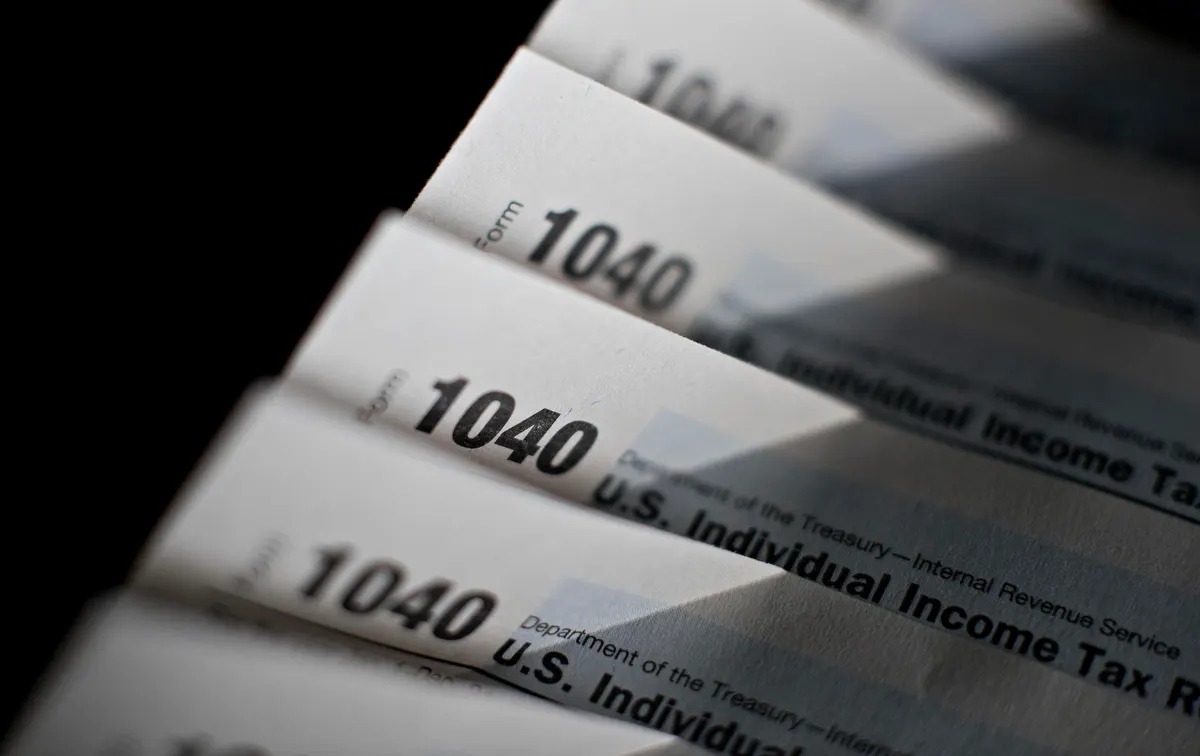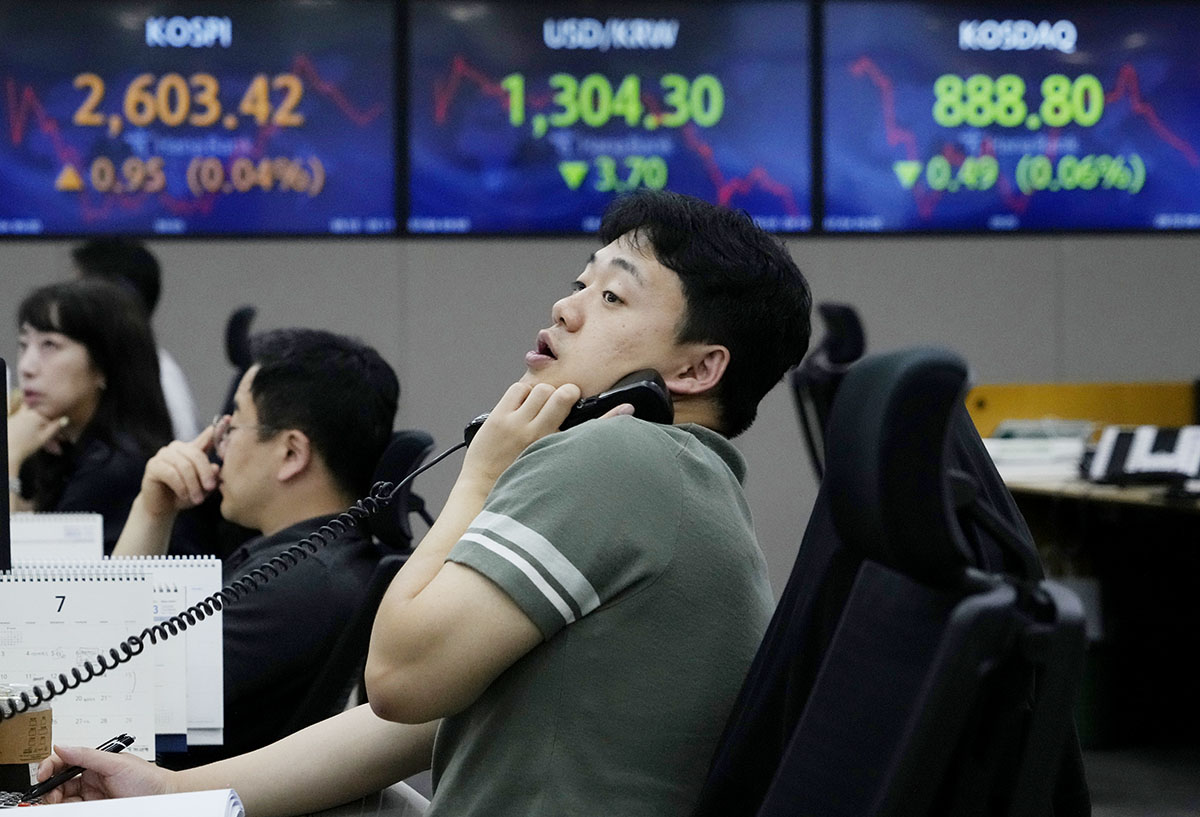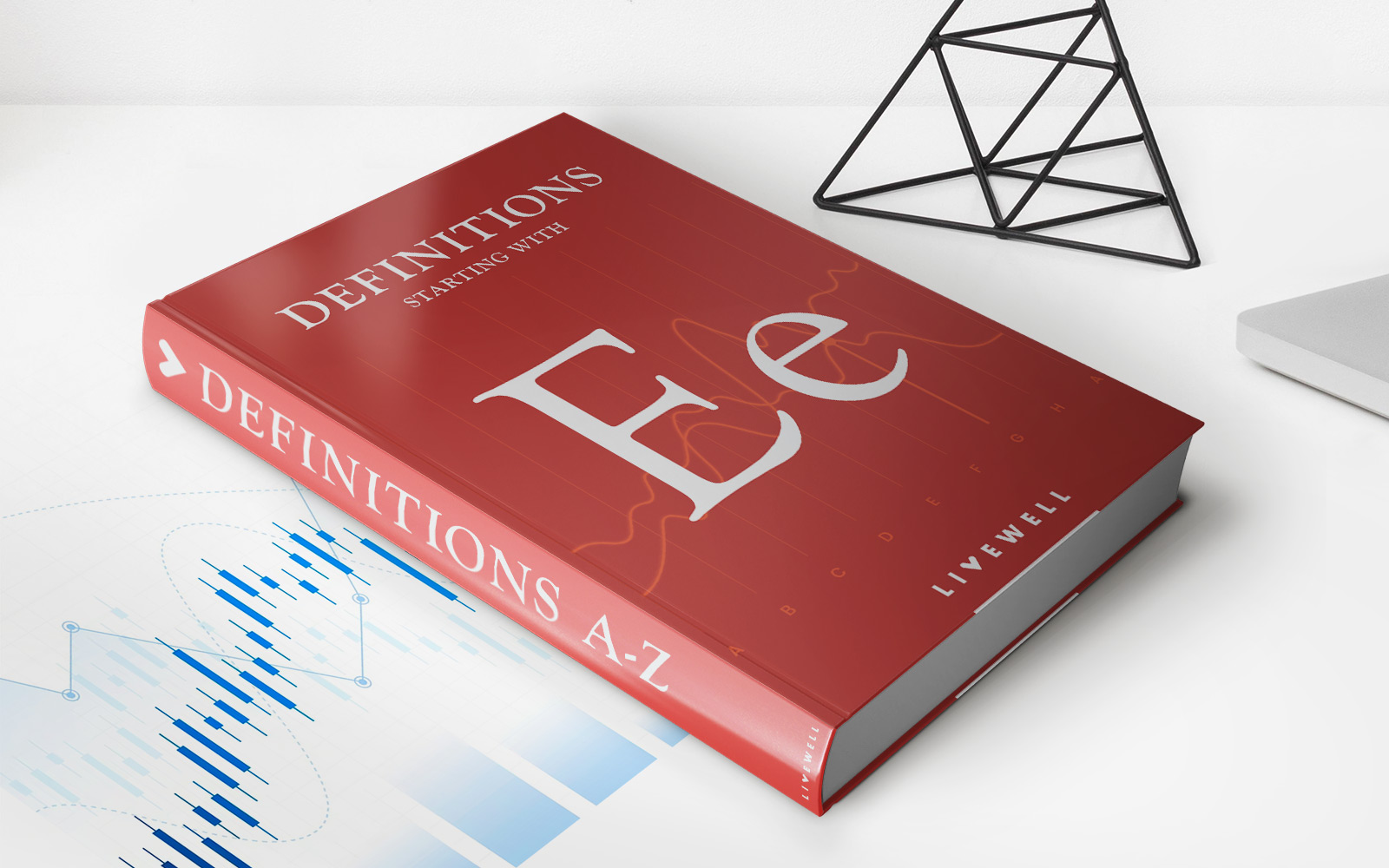

Finance
When Does The Indian Stock Market Open
Modified: February 21, 2024
Discover when the Indian Stock Market opens and stay updated on financial opportunities. Explore the ideal timings for trading and investment in the Finance sector.
(Many of the links in this article redirect to a specific reviewed product. Your purchase of these products through affiliate links helps to generate commission for LiveWell, at no extra cost. Learn more)
Table of Contents
Introduction
The Indian stock market is a dynamic and vibrant financial hub that attracts investors from around the world. Whether you are a seasoned trader or a novice investor, understanding the trading hours of the Indian stock market is crucial for making informed investment decisions. Knowing when the market opens and closes can help you plan your trading activities and stay updated with market developments.
The Indian stock market operates on weekdays, Monday to Friday, excluding holidays. It is regulated by the Securities and Exchange Board of India (SEBI) and comprises two major stock exchanges, the Bombay Stock Exchange (BSE) and the National Stock Exchange (NSE). Both exchanges facilitate the trading of various financial instruments, including stocks, indices, derivatives, and currencies.
The trading hours of the Indian stock market are divided into different sessions, each serving a unique purpose. These sessions include the pre-opening session, regular trading session, closing session, and special trading sessions, if any.
In this article, we will dive deeper into the trading hours of the Indian stock market and explore each session in detail. By the end, you will have a comprehensive understanding of when the market opens, when it closes, and the significance of different trading sessions.
Trading Hours of the Indian Stock Market
The Indian stock market operates in three major trading sessions – the pre-opening session, regular trading session, and closing session. These sessions have specific timings and serve different purposes in the trading day. Let’s take a closer look at each of them:
- Pre-Opening Session: The pre-opening session, also known as the pre-market session, is the first session of the trading day. It starts before the regular trading session and allows traders to place orders and modify them based on the expected opening price of a particular security. The duration of the pre-opening session is from 9:00 AM to 9:15 AM IST (Indian Standard Time). During this period, market participants can enter orders, but actual trading does not take place. The pre-opening session consists of three phases – the order entry phase, the order matching phase, and the buffer period.
- Regular Trading Session: The regular trading session is the main session of the Indian stock market. It is also referred to as the continuous trading session. This session begins immediately after the pre-opening session and lasts from 9:15 AM to 3:30 PM IST. During this period, trades are executed based on the orders placed in the pre-opening session. The regular trading session allows investors to buy and sell securities at prevailing market prices. It is a time of active trading with high liquidity and market movements.
- Closing Session: The closing session marks the end of the regular trading session and provides an opportunity for market participants to settle their positions. It takes place from 3:40 PM to 4:00 PM IST. During this session, final closing prices are determined for each security traded on the exchange. The closing session is crucial for calculating indices like the Sensex and Nifty, which reflect the overall market performance.
It’s important to note that the trading hours mentioned above are applicable to the equity segment of the Indian stock market. Derivatives, currency, and commodity segments may have slightly different trading hours.
Next, we will delve into the details of the different trading sessions and their significance in the functioning of the Indian stock market.
Pre-Opening Session
The pre-opening session is an important phase of the Indian stock market that occurs before the regular trading session. It plays a crucial role in determining the opening price of securities and allows market participants to place and modify their orders based on expected market conditions.
The pre-opening session begins at 9:00 AM IST and lasts for 15 minutes, ending at 9:15 AM IST. During this time, traders can enter orders to buy or sell securities. However, actual trading does not take place during the pre-opening session. Instead, the session consists of three phases – the order entry phase, order matching phase, and buffer period.
In the order entry phase, which lasts for 8 minutes, market participants can enter their desired buy or sell orders. These orders specify the quantity and price at which they wish to trade. The orders placed during this phase are not immediately matched but are stored in the order book for further processing in the next phase.
The order matching phase occurs during the last 4 minutes of the pre-opening session. In this phase, the stock exchange matches the buy and sell orders based on various criteria, such as price and time priority. The system calculates the equilibrium price at which the maximum number of orders can be executed, ensuring fair and efficient trading.
After the order matching phase, a buffer period of 3 minutes is provided to allow for smooth transition into the regular trading session. During this time, traders can modify their orders or cancel them if desired.
The pre-opening session serves several purposes. Firstly, it provides a transparent mechanism for determining the opening price of securities. By allowing market participants to enter orders based on their expectations, the pre-opening session establishes an equilibrium price that reflects the supply and demand dynamics at the market open.
Additionally, the pre-opening session enhances market integrity by facilitating price discovery and reducing volatility. It gives traders an opportunity to react to news, earnings releases, or overnight developments that may impact stock prices, preventing sudden price gaps at the market open.
Overall, the pre-opening session plays a critical role in maintaining a fair and efficient trading environment in the Indian stock market. It allows for orderly market opening, price discovery, and order matching, setting the stage for the regular trading session that follows.
Now that we have covered the pre-opening session, let’s move on to the regular trading session, the primary trading period of the Indian stock market.
Regular Trading Session
The regular trading session is the primary trading period of the Indian stock market, where actual buying and selling of securities take place. It begins immediately after the pre-opening session and continues from 9:15 AM to 3:30 PM IST, lasting for a duration of six hours and fifteen minutes.
During the regular trading session, market participants can execute their buy and sell orders for stocks, indices, derivatives, and other financial instruments listed on the stock exchanges. The trading session is characterized by high liquidity, active participation from traders and investors, and constant fluctuations in prices as market forces of supply and demand come into play.
The regular trading session operates on a continuous basis, meaning that orders can be placed and executed at any time within the session, subject to market conditions and price availability. Traders have the flexibility to modify or cancel their orders as per their investment strategy and changing market dynamics.
The Indian stock market adopts a decimal pricing system, where prices are quoted up to two decimal places. This allows for precise price discovery and ensures transparent trading in the marketplace. The market price of a security during the regular trading session is determined by the interaction between buyers and sellers, with each transaction contributing to the overall price movement of the stock.
During the regular trading session, market participants have access to various types of orders, including market orders, limit orders, stop-loss orders, and more. These order types enable investors to specify their desired price levels or trading conditions, providing them with greater control over their buying and selling activities.
In addition to individual investors and traders, institutional investors, mutual funds, foreign institutional investors (FIIs), and market makers actively participate in the regular trading session. Their involvement contributes to the trading volume and liquidity of the market, creating opportunities for market participants to execute their orders promptly and efficiently.
Throughout the regular trading session, market data such as the trading volume, price changes, and market indices are continuously updated and disseminated to the public. This information helps investors make informed decisions and monitor their investment portfolios in real-time.
It’s important to note that the regular trading session hours mentioned above are applicable to the equity segment of the Indian stock market. Derivatives and currency segments may have slightly different trading hours.
Now that we have covered the regular trading session, let’s explore the closing session, where final prices are determined for the day’s trading.
Closing Session
The closing session is the final phase of the trading day in the Indian stock market. It takes place after the regular trading session and serves as an important period for market participants to settle their positions and determine the closing prices for securities.
The closing session begins at 3:40 PM IST and lasts until 4:00 PM IST, totaling 20 minutes. During this period, traders and investors have the opportunity to square off their open positions by executing any pending buy or sell orders.
The primary objective of the closing session is to establish the closing price for each security traded on the exchange. The closing price is a crucial parameter used to calculate various market indices like the Sensex and Nifty, which serve as benchmarks for the overall market performance.
To determine the closing prices, the stock exchange follows a weighted average price (WAP) mechanism. This mechanism considers the traded volume and the corresponding prices of each transaction to arrive at the weighted average price. It ensures that the closing price reflects the overall market sentiment and the actual trading activity during the closing session.
During the closing session, market participants can continue to place orders, modify existing orders, or cancel them. However, it’s important to note that any orders placed during this session will be executed at the closing price determined by the exchange, rather than at the price specified by the individual orders. Traders and investors must be aware of this when participating in the closing session.
In addition to determining closing prices, the closing session also facilitates the generation of various reports and statements. Clearing and settlement processes are carried out during this period, ensuring the orderly completion of transactions and the transfer of ownership of securities.
Market participants closely monitor the closing session, especially if they have open positions that need to be squared off before the end of the trading day. By actively participating in the closing session, traders can manage the risks associated with their positions and ensure that their portfolio is aligned with their investment strategy.
It’s worth noting that after the closing session, the stock exchanges provide post-market hours for investors to place orders for the next trading day. These orders are executed when the pre-opening session of the following trading day begins.
With the closing session completed, we have covered the various trading sessions of the Indian stock market. Next, we will explore special trading sessions that may occur in specific circumstances.
Special Trading Sessions
In addition to the regular trading sessions, the Indian stock market may hold special trading sessions in certain situations. These sessions are scheduled to address specific market events or to accommodate global market trends. Let’s take a look at some of the common special trading sessions:
- Pre-Open Call Auction: This special session occurs before the regular trading session and lasts for 45 minutes. It is conducted to determine the opening price for illiquid securities or for securities with significant news or corporate announcements. During the Pre-Open Call Auction, market participants can place orders, and the system calculates the equilibrium price based on the available orders.
- Block Deal Session: The Block Deal Session is a designated time slot for executing large-sized trades known as block deals. This session allows institutions and high-net-worth individuals to transact in bulk quantities without impacting the market price. The Block Deal Session usually takes place for 35 minutes in the morning trading session.
- Call Auction Session: The Call Auction Session is conducted during the market hours and is used for introducing new securities or conducting auctions for debt instruments. Market participants can place orders during this session, and the system calculates the opening price based on the submitted orders.
- Muhurat Trading: Muhurat Trading is a special session conducted on Diwali, the festival of lights, to celebrate the New Year in the Indian financial calendar. It is usually a one-hour trading session held in the evening, and it is considered auspicious for making investment decisions. Muhurat Trading is marked by enthusiasm and positive market sentiment.
These special trading sessions provide flexibility and opportunities for market participants to engage in specific market activities. They ensure smooth execution of trades, facilitate price discovery, and accommodate unique market situations.
It’s important to note that the occurrence and duration of special trading sessions may vary depending on market conditions and regulatory guidelines. Market participants are advised to stay updated with official announcements from the stock exchanges and market regulators regarding any special trading sessions.
Now that we have covered the regular trading sessions as well as special trading sessions, let’s conclude our exploration of the Indian stock market trading hours.
Conclusion
The trading hours of the Indian stock market play a crucial role in facilitating a fair, transparent, and efficient trading environment. Understanding when the market opens and closes, as well as the different trading sessions, is essential for investors and traders to make informed decisions.
The Indian stock market operates on weekdays, Monday to Friday, excluding holidays. It consists of the pre-opening session, regular trading session, and closing session. The pre-opening session allows market participants to place orders and determine the opening price, while the regular trading session is the main trading period where buying and selling of securities occur. The closing session is important for settling positions and determining closing prices.
In addition to these regular trading sessions, special trading sessions may also take place. These sessions accommodate specific market events or allow for unique trading activities, such as the Pre-Open Call Auction, Block Deal Session, Call Auction Session, and Muhurat Trading.
It’s important for investors and traders to stay updated with any changes or announcements regarding trading hours and special sessions. This can be done by regularly checking official sources, such as the stock exchanges or market regulators, for the most accurate and up-to-date information.
By understanding and respecting the trading hours of the Indian stock market, investors can effectively plan their trading activities, manage risk, and navigate the dynamic and ever-changing world of the financial markets.
Remember, investing in the stock market involves risks, and it’s essential to conduct thorough research and seek professional advice before making any investment decisions.
